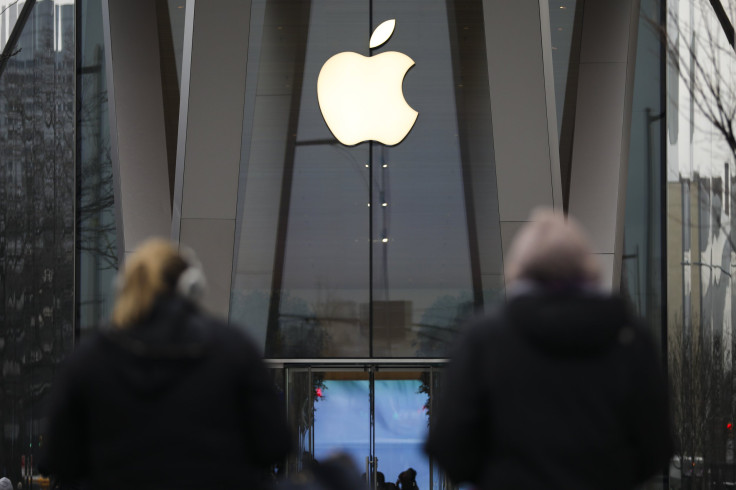Is Apple Hiding Behind Strong Privacy While Undermining Competition?

CEO Tim Cook has made privacy a core differentiator for Apple's (NASDAQ:AAPL) brand, embarking upon a yearslong crusade to label Apple as the ultimate champion for consumer privacy. The topic has become increasingly relevant in recent years following countless privacy scandals related to social media and advertising companies. At the same time, antitrust scrutiny of large tech companies has also intensified, which isn't exactly a coincidence.
Apple has been engaging with lawmakers on the House Judiciary Antitrust Subcommittee, recently responding to an inquiry. Some members of Congress aren't satisfied.
Hiding behind a privacy "shield"
This week, Chairman of the House Judiciary Antitrust Subcommittee David Cicilline suggested that Apple was hiding behind its strong privacy practices while undermining competition.
"I'm increasingly concerned about the use of privacy as a shield for anti-competitive conduct," Representative Cicilline said, according to The Washington Post. "There is a growing risk that without a strong privacy law in the United States, platforms will exploit their role as de facto private regulators by placing a thumb on the scale in their own favor."
At issue is iOS 13, which was released in September and includes much stronger protections around privacy, particularly with regards to location tracking. Users receive prompts when apps may be analyzing things like Bluetooth and Wi-Fi signals, which can be used to derive location data. While that's generally a good thing for consumers, there are potential implications for competition. Since Apple controls iOS and the App Store while pre-installing many of its own apps, Apple has greater access to iPhone location data.
An uneven playing field
For example, start-up Tile has been around for six years and sells small Bluetooth-powered dongles that can be attached to small items to help users find them. You can stick them on a TV remote or a set of keys and use the mobile app to activate a sound when you're searching for the misplaced item. The trackers can even be located by any Tile user that's within range, leveraging the entire community to anonymously help locate things.
Tile provided users with guidance on how to make sure its service works properly with iOS 13, as users need to grant Tile various forms of access to location data while also getting ongoing reminders that the app is always using location services.
Importantly, Apple is rumored to be launching a Tile competitor soon, recently acquiring the trademark for "AirTag," and it will enjoy numerous advantages in the ensuing rivalry.
Cook wants a federal privacy law
It's worth noting that Cook supports a federal data privacy law, the notion that Cicilline referred to. The chief executive spoke at a privacy conference in Brussels a year ago, exalting the European Union's General Data Protection Regulation (GDPR) and calling for the U.S. to follow suit to combat the "data-industrial complex."
"Our own information, from the everyday to the deeply personal, is being weaponized against us with military efficiency," Cook said. "It is time for the rest of the world, including my home country, to follow your lead," he added. "We at Apple are in full support of a comprehensive federal privacy law in the United States."
Just days ago, in an interview with ABC News, Cook renewed his call:
I think the government needs to regulate this area. I am not a fan of regulation in general, I think it can have unexpected consequence[s]. But I think we all have to admit that when you've tried to do something and companies haven't self-policed, that it's time to have rigorous regulation. And I think we've passed that time, I think the time is now to have a federal privacy bill.
This article originally appeared in the Motley Fool.
Evan Niu, CFA owns shares of Apple. The Motley Fool owns shares of and recommends Apple. The Motley Fool has a disclosure policy.





















